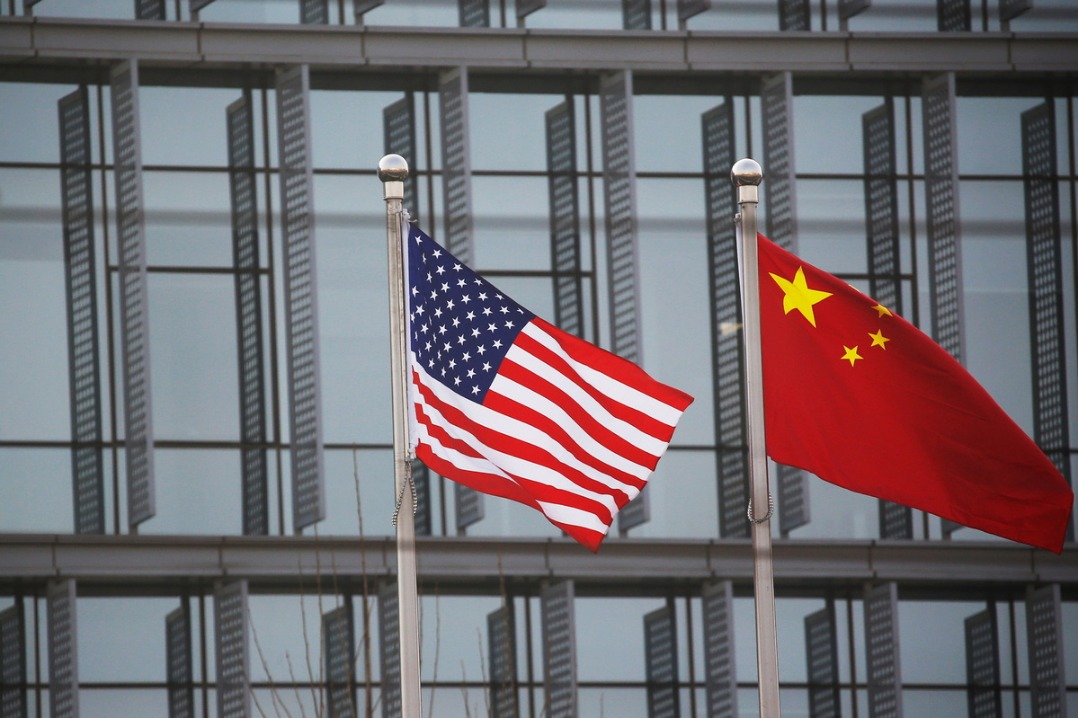Finding its own growth model is seen as key for Africa


Ability to compete will hinge on the right partnerships and development path, experts say
As Africa seeks a suitable industrialization model, the continent's latecomer status will allow it to choose from and modify other nations' successful growth models, according to Helen Hai, CEO of the Made in Africa Initiative, which advises African companies and governments on commercial industrialization.
China, for example, "did not follow the Washington Consensus, but fervently believed that job creation was the solution to ending poverty. This saw the country move away from aid and invest in industrialization," says Hai.
The bet was a success, resulting in the country recording double-digit economic growth.
However, while saying that China offers many lessons for Africa, Hai adds that China is committed to helping Africa define its own growth model.
This is spelled out in the Forum for China-Africa Cooperation and also in the Belt and Road Initiative, which includes Africa, she says. The biggest beneficiary will be industrialization and agricultural modernization.
China funded 15.5 percent of the total share of Africa's infrastructure development to become the largest single funder in 2016, according to professional services provider Deloitte. In the recent past, China has increased investments into the continent, particularly those channeled toward infrastructure under the Belt and Road Initiative, it said. From 2000 to 2015, the Export-Import Bank of China provided $63 billion (51 billion euros; £45 billion) in loans to Africa, largely for the development of roads, railroads, airports and ports.
"It is time the conversation around Africa's industrialization centered around how China can support Africa, and not what China wants. Otherwise, Africa will miss out on opportunities," Hai says.
Estimates that China will shed around 85 million jobs as it moves to industrial and technological upgrading point to a golden opportunity for Africa, says Hai, who is also the UN Industrial Development Organization's goodwill ambassador.
She advocates construction of special economic zones, which she says would generate a significant number of jobs over a short period of time.
Special economic zones, or SEZs£defined as areas created by governments for development of business enterprises that are governed by special business and trade laws that differ from those for the rest of the country£are designed to encourage foreign investment.
"If Africa aims at generating decent and sustainable jobs for youths, SEZs present the best opportunities," says Hai, who also is former vice-president of Chinese shoe-making giant Huajian's shoe factory in Addis Ababa, Ethiopia.
Governments should directly engage with foreign investors, she says, adding that such partnerships "will effectively address the cost of production and export-related costs".
Li Kwong Wing, chairman of SBM Holdings Ltd in Mauritius, says Africa can successfully overcome competition and increasing protectionism in the global market by becoming more innovative in science and technology.
"We have had homegrown technology such as M-Pesa from Kenya, a mobile money transfer solution, that has been revolutionary. With the right partnerships and growth path, Africa can compete," he says.
Ben White, founder and CEO of VC for Africa, a venture capital company based in the Netherlands, says: "We need to see more investments locally coupled with government support for the private sector. These characteristics will catalyze partnerships that would increase the level of confidence of foreign investors."
He says the continent needs to expand its talent pool to attract quality business ventures that would be upscale over a short period of time. "But governments need to create an amiable regulatory environment that protects foreign investors and makes it worth their while to invest in Africa."
On challenges addressing the development of special economic zones in landlocked countries, Gagan Gupta, CEO of the Gabon Special Economic Zone, says these countries can develop partnerships based on their shared competitive advantages.
Gupta, who agrees that integration of the continent has become crucial for economic takeoff, says small countries that share borders have commonalities ranging from culture to natural resources. "These therefore can be pooled together and presented as a comparative advantage sought by investors."
Gupta says this is where the China-led Belt and Road Initiative, which aims to connect China and the rest of Asia with Africa, the Middle East and Europe, comes into play. "The implementation of this project in Africa will complement countries bordering each other."
Carlos Lopes, the former executive secretary of the United Nations Economic Commission for Africa, based in Addis Ababa, says Africa can bank on one asset: China's partnership. He praises China's investment in and commitment to Africa, with China playing a visible role in Africa's development.
Lopes says President Xi Jinping "knows China's role in shaping the global future. This is indeed good news for Africa, because it shows that the country is interested in Africa."
lucymorangi@chinadaily.com.cn
(China Daily European Weekly 03/23/2018 page7)



































